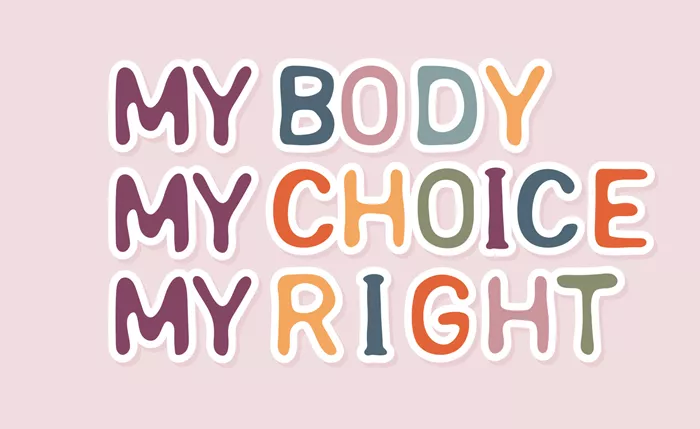The recent election of Donald Trump has reignited debates on the future of abortion rights, as the president-elect’s stance on the issue has varied significantly over time. With a record of support for restrictive abortion measures and a focus on placing the decision-making power with individual states, Trump’s next steps could profoundly impact access to abortion across the United States.
While Trump has previously advocated for a national ban on abortions after 15 weeks and endorsed a House bill aiming to restrict abortions after 20 weeks, his public statements and policy actions have been inconsistent. This lack of clarity has left experts questioning how Trump’s second administration might address the issue. Vice President-elect JD Vance, known for supporting limits on abortion, has aligned with Trump’s position of state-level control.
Given the fluctuating nature of Trump’s stance, experts believe a national ban on abortion is unlikely, despite a Republican-controlled Congress. While Trump has expressed a general opposition to signing federal restrictions, his silence on whether he would veto one adds uncertainty.
More probable, however, are potential moves to limit access to abortion pills, which accounted for 63% of all abortions last year, according to the Guttmacher Institute. Specifically, restrictions could target telehealth and mail-order services that distribute these medications. This shift would disproportionately affect people in states with limited abortion access, adding significant hurdles for those seeking care.
Tuesday’s election outcomes underscored strong public support for abortion rights, with ballot initiatives to protect access passing in seven out of ten states. States like Arizona and Missouri overturned existing restrictions, demonstrating a clear trend toward safeguarding abortion access at the state level.
However, some states, such as Florida, narrowly missed the necessary 60% vote required to pass similar measures. South Dakota and Nebraska rejected amendments that would protect abortion rights, illustrating a patchwork of differing policies nationwide. Analysts suggest that Republican lawmakers might be cautious in supporting a federal ban, given the evident public backing for abortion access.
Beyond Congress, experts indicate that Trump’s new administration could pursue abortion restrictions through executive branch actions. Appointees to the Food and Drug Administration (FDA) may roll back existing measures that currently facilitate access to abortion medications like mifepristone, potentially reintroducing in-person dispensing requirements. Another route could involve the Department of Justice (DOJ), which might decide not to defend abortion medication access in court.
One particularly concerning possibility involves the 1873 Comstock Act, which restricts mailing materials related to abortion. A broad interpretation could enable the DOJ to prosecute healthcare providers or manufacturers involved in distributing abortion medications, risking criminal penalties. Although experts like Wendy Parmet, director of the Center for Health Policy and Law at Northeastern University, acknowledge this threat, they anticipate strong opposition.
Legal experts and advocates expect any efforts to reinstate restrictive measures from Trump’s first term to face fierce resistance. Policies implemented during his previous administration that limited abortion access, like prohibiting providers receiving federal grants from referring patients for abortion, are anticipated to reemerge. However, significant opposition from the public, legal challenges, and advocacy groups will likely push back against any new or reinstated restrictions.
Katie O’Connor, senior director of federal abortion policy at the National Women’s Law Center, emphasizes that the strong public support demonstrated in recent elections suggests that attempts to limit abortion access further will not go unchallenged.
In summary, while Trump’s second administration could reshape abortion access in various ways, from medication restrictions to legal challenges, the outcome remains uncertain. The landscape of abortion rights in America will depend on a complex interplay of federal policies, state actions, and public advocacy efforts that continue to shape this pivotal issue.
Read more:
- Top 6 Safest Birth Control Options For Women
- FDA Moves To Eliminate Ineffective Cold & Allergy Medicine Ingredient
- Is Fluoride On The Way Out? Experts Sound Alarm Over Potential Public Health Risks


